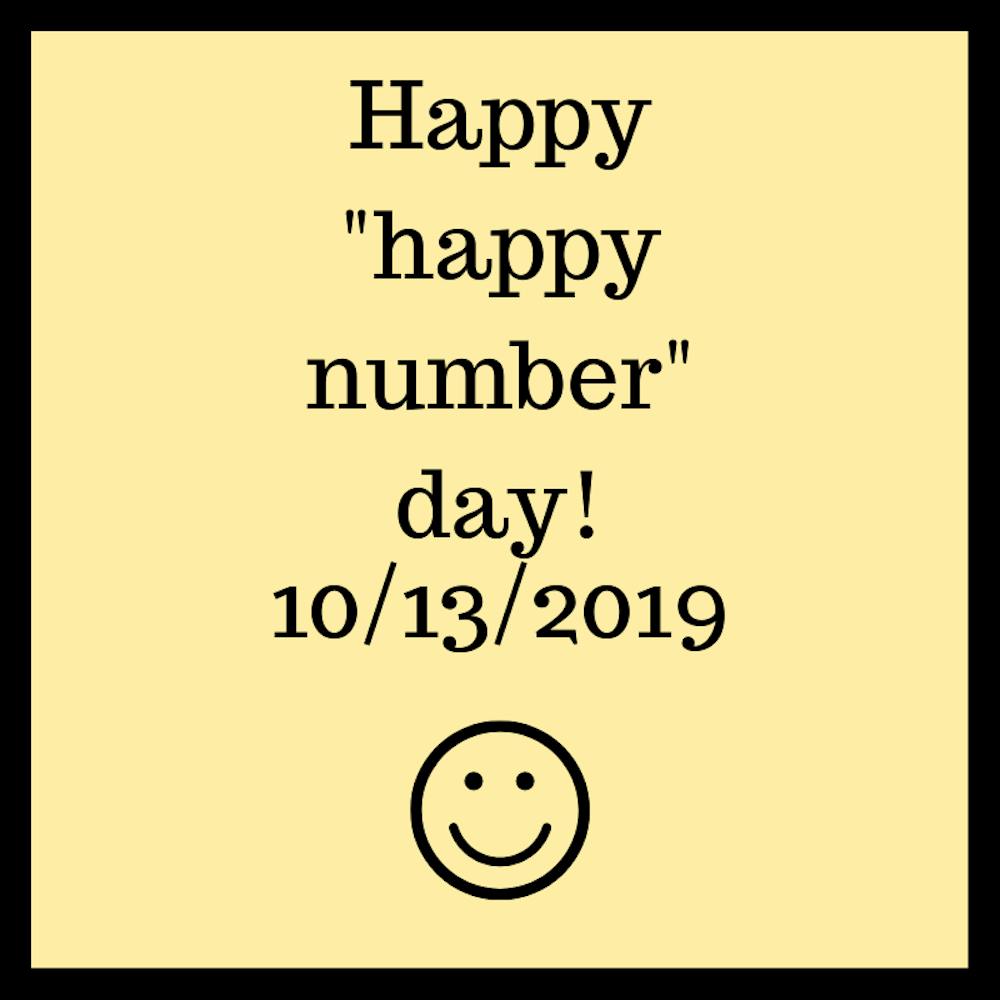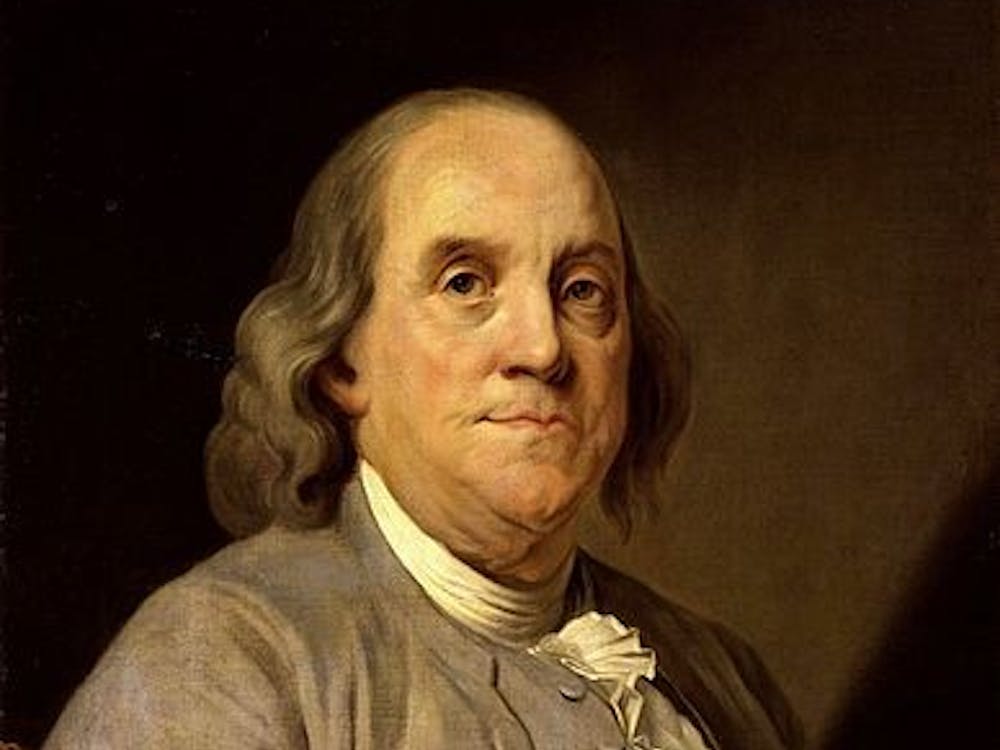What is a happy number? A happy number is a natural number defined by the following process: Starting with any positive integer, replace the number by the sum of the squares of its digits and repeat this process until the number resulting from this process equals one and stays at one or it loops endlessly in a cycle and never equals one. All natural numbers for which this process ends in one are called happy numbers, while all the other numbers for which this process do not end in one are called unhappy or sad numbers.
For example, 2019 is a happy number year since 2^2+1^2+9^2=86; 8^2+6^2=100; 1^2=1. Before 2019, 2003 and 2008 were the first two happy number years that occurred in this century. After 2019, 2026, 2030, 2036, 2039, 2062, 2063, 2080, 2091, and 2093 will be the other happy number years to occur in this century. So, this century contains a total of dozen happy number years.
The following are the first 25 happy numbers provided in sequential order:
1, 7, 10, 13, 19, 23, 28, 31, 32, 44, 49, 68, 70, 79, 82, 86, 91, 94, 97, 100, 103, 109, 129, 130, 133.
Interestingly enough, this Sunday, Oct. 13, 2019, expressed as 10/13/19 constitutes a sequential happy number day since 10, 13 and 19 are three sequential happy numbers.
Before 10/13/19, two other such sequential happy number dates occurred in this century:
January 7, 2010 expressed as 1/7/10 and July 10, 2013 expressed as 7/10/13.
Note that 1/7/10 and 7/10/13 interpreted in the day/month/year date format used by most countries in the world fall on different calendar dates: 1 July 2010 and 7 Oct. 2013. However, unlike 1/7/10 and 7/10/13, 10/13/19 sequential happy number day does not occur in the day/month/year format since the month number of a calendar date cannot exceed 12. This makes 10/13/19 a more special sequential happy number date since it only occurs in the month/day/year date format.
The three sequential happy number dates 1/7/10, 7/10/13 and 10/13/19 repeat every century.
In this century, 10/13/19 coincides with 2019, a happy number year. This was not the case for 1/7/10 and 7/10/13 since both 2010 and 2013 were not happy number years.
Also, it is worth mentioning here that Oct. 13 in 1923 expressed as 10/13/1923 was a different type of sequential happy number day because if 10131923 is split as 10, 13, 19 and 23, these four numbers constitute four sequential happy numbers.
My hope is that the sequential happy number day 10/13/19 coming up this Sunday will serve as an inspiration and motivation for all of us to focus on happiness and enjoying our lives fully because once 10/13/19 is over, the next such sequential happy number date is to occur 91 years later, on 1/7/2110.
I wholeheartedly believe that such fun recreational number topics have the magic power to serve to attract younger generations to get more interested in mathematics and STEM education. I experience this firsthand when I share my work on numbers with my students. I also believe that this type of work that I do involving calendar dates serves to foster social interaction among people because it is not only a fun topic but also has the potential to get attention from all ages.
Aziz Inan is a professor of electrical engineering at the University of Portland. He can be reached at ainan@up.edu.








